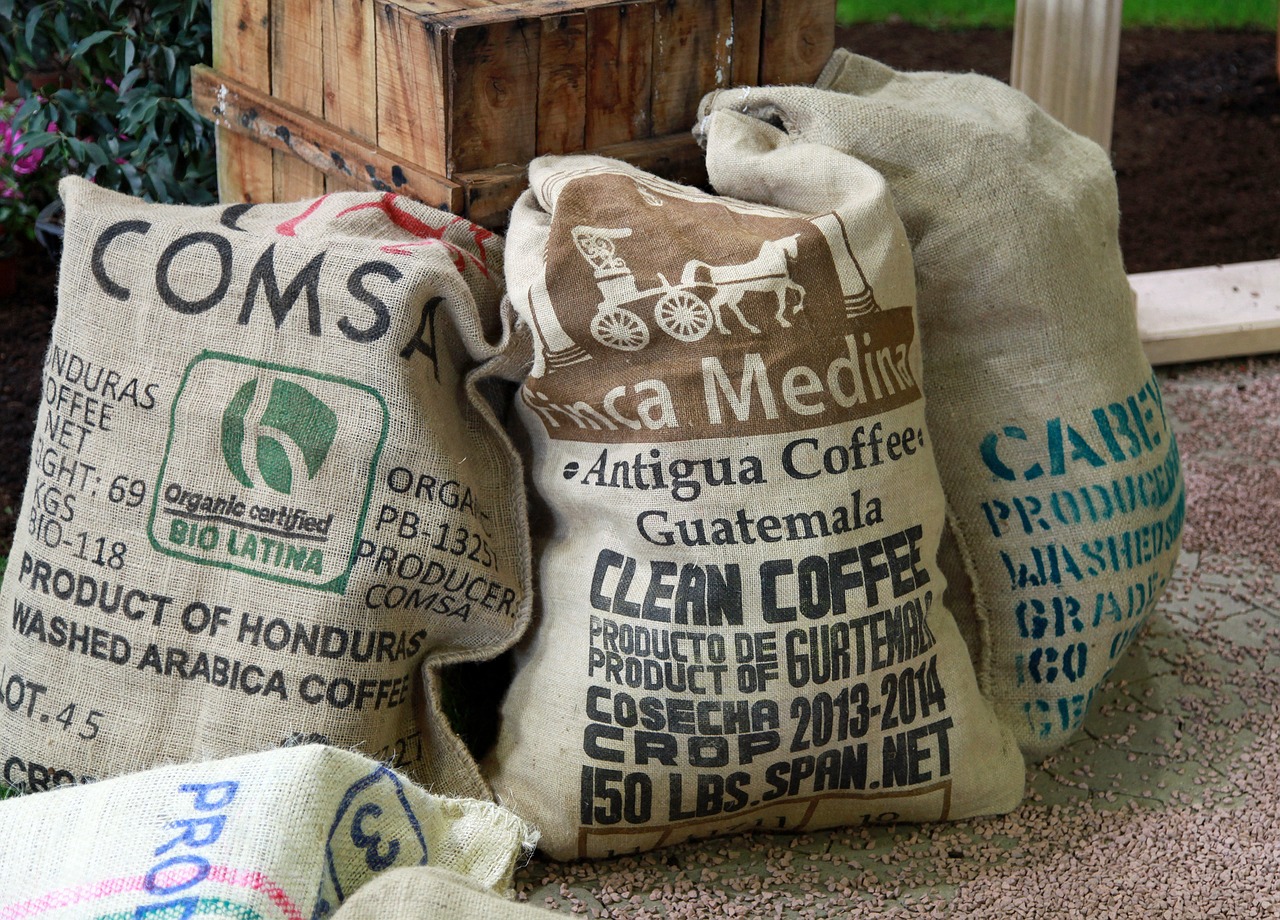MENU
- Home
- Impact of coffee on the Industrial Revolution
- The History of Coffee Cultivation
- The History of Coffee Preparation
- The History of the Coffee Trade
- The History of Coffee
- The History of Coffee in Colombia
The History of Coffee Trade

The Rise of Coffee Trade as a Global Phenomenon
Coffee is one of the most popular beverages in the world, consumed by millions of people every day. But have you ever wondered how coffee became a global commodity? The story of coffee trade is a fascinating one that spans centuries and continents. In this blog post, we will explore the history of coffee trade and how it has evolved over time.
Early Coffee Trade: From Ethiopia to Arabia and Beyond
Coffee is believed to have originated in the highlands of Ethiopia, where it was consumed by local tribes for centuries. Legend has it that a goat herder named Kaldi discovered the energizing effects of coffee when he noticed his goats becoming more lively after eating the berries from a certain tree. Kaldi tried the berries himself and found that they gave him a boost of energy as well.
The first written evidence of coffee drinking dates back to the 15th century, when it was consumed by Sufi mystics in Yemen. Coffee was soon popularized throughout the Arab world, and by the 16th century, coffee houses had become important social and cultural institutions in cities like Cairo, Damascus, and Istanbul.
Coffee and Colonialism: How European Powers Shaped Coffee Trade
It wasn't until the 17th century that coffee was introduced to Europe, first through Venice and then spreading to other countries. The Dutch were the first to establish coffee plantations outside of Arabia, in their colony of Java in Indonesia. The French followed suit in their colonies in the Caribbean and Africa.
Coffee soon became a valuable commodity for European powers, who used their colonial holdings to control its production and trade. This led to exploitation and forced labor for many of the indigenous people who worked on coffee plantations. By the 18th century, coffee had become one of the most valuable exports in the world.
The Industrial Revolution and the Mass Production of Coffee
The Industrial Revolution of the 19th century had a profound impact on the production and distribution of coffee. The invention of steam-powered machines made it possible to roast, grind, and package coffee on a large scale. This led to the mass production of coffee, which in turn made it more affordable and accessible to people around the world.
The growth of railroads and steamships also made it easier to transport coffee from its source to distant markets. This enabled the emergence of large-scale coffee traders and roasters, who played a key role in the global coffee trade.
The Emergence of Global Coffee Trade Networks

The 20th century saw the further globalization of coffee trade, with the establishment of international coffee trade organizations and the growth of the coffee commodity market. The International Coffee Organization (ICO) was founded in 1963 to regulate the global coffee trade and ensure stable prices for producers and consumers.
The coffee commodity market is a complex system of buying and selling contracts for future delivery of coffee. It allows traders to hedge against price fluctuations and provides a mechanism for price discovery. However, it has also been criticized for contributing to price volatility and unfair practices in the coffee trade.
The Social and Economic Impact of Coffee Production on Producers and Consumers
Coffee production has had a significant impact on the social and economic development of many countries. For some, it has been a source of wealth and economic growth. For others, it has led to poverty, exploitation, and environmental degradation.
Coffee production is often characterized by low wages, poor working conditions, and limited access to education and healthcare for the people who grow and harvest the beans. The Fair Trade movement was established in the 1990s to promote more ethical and sustainable coffee production and ensure that producers receive a fair price for their coffee.
Consumers have also played a role in shaping the social and economic impact of coffee production. The rise of specialty coffee shops and direct trade relationships between roasters and farmers have provided more opportunities for small-scale producers to access higher-paying markets and develop more sustainable and equitable supply chains.
Coffee consumption has also had cultural and social impacts. Coffee houses have historically served as meeting places for intellectuals, artists, and revolutionaries, where ideas could be exchanged and debated over a cup of coffee. Today, coffee shops continue to be important social hubs where people gather to work, socialize, and enjoy a wide variety of coffee drinks.
The Challenges and Controversies of Modern Coffee Trade
Despite the progress that has been made in promoting more ethical and sustainable coffee trade practices, the industry continues to face a number of challenges and controversies.
One of the biggest challenges is climate change, which is threatening the long-term viability of coffee production in many regions. Rising temperatures and changing weather patterns are making it more difficult to grow coffee and causing more frequent outbreaks of pests and diseases.
The coffee industry is also facing increasing scrutiny over issues like labor practices, environmental impact, and transparency in the supply chain. Consumer demand for more sustainable and transparent products is pushing companies to adopt more responsible practices and to invest in certification programs like Fair Trade, Rainforest Alliance, and UTZ.
The Future of Coffee Trade: Trends and Implications
As the world becomes more interconnected and globalized, coffee trade will continue to play an important role in shaping the global economy and culture. Some of the trends that are likely to shape the future of coffee trade include:
- The rise of specialty coffee and direct trade relationships between farmers and roasters
- The increasing demand for more sustainable and ethical coffee production practices
- The impact of climate change on coffee production and trade
- The growth of coffee consumption in emerging markets like China and India
Conclusion: The Global Significance of Coffee Trade
Coffee trade has come a long way since its origins in the highlands of Ethiopia. From a local beverage consumed by a few tribes to a global commodity traded by millions of people around the world, coffee has played an important role in shaping human history and culture.
The story of coffee trade is a complex one, with many ups and downs, triumphs and tragedies. But as we look to the future, we can see that there is reason to be hopeful. With increased awareness and demand for more ethical and sustainable coffee trade practices, we have the opportunity to create a more equitable and responsible coffee industry that benefits everyone involved, from the farmers who grow the beans to the consumers who enjoy them.